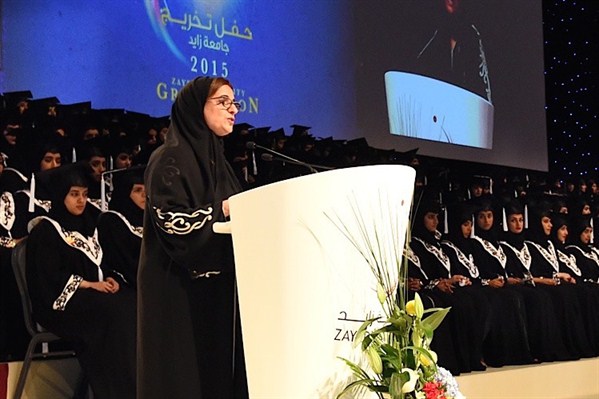Globally, the legal, political and social progress achieved by women over the past half-century has been attributed to the democratization of societies and the emergence of more widely accepted human rights norms. This is not the case with respect to the Arab monarchies of the Persian Gulf: Kuwait, Bahrain, Qatar, Oman, Saudi Arabia and the United Arab Emirates.
These countries have confronted rapid internal and external changes in recent years, and they have strived to reform themselves on a variety of fronts, including the economy, labor and some areas of politics. Yet despite some progress in these other domains, Gulf women do not have the same rights as their Western counterparts.
They cannot run for political office in most Gulf states, and in the few where they can hold municipal and ministerial positions, success has been marginal at best. They have limited rights to vote in UAE, and cannot do so at all in Saudi Arabia. In all of these countries, women’s mobility is subject to a male guardian; in Saudi Arabia, women famously cannot yet drive vehicles. Except in Kuwait and Oman, women have no protections against domestic violence. And in all the Gulf states, women receive half the share of inheritance compared to men, lack the same custody rights as men and have limited grounds to request a divorce.

